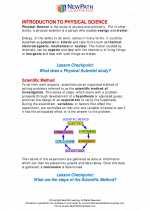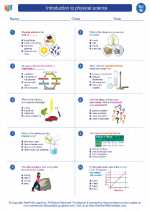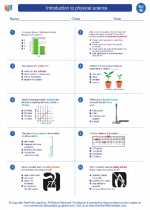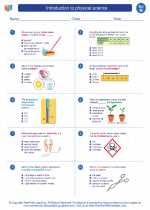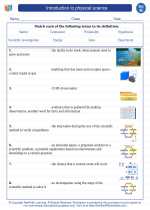Nuclear Energy
Nuclear energy is the energy that holds together the nucleus of atoms. The forces that hold the nucleus together are called nuclear forces. This energy can be released in two ways: nuclear fusion and nuclear fission.
Nuclear Fusion
Nuclear fusion is the process by which two light atomic nuclei combine to form a heavier nucleus, releasing a large amount of energy in the process. This process powers the sun and other stars.
Nuclear Fission
Nuclear fission is the process by which the nucleus of an atom splits into two smaller nuclei, releasing a large amount of energy. This process is used in nuclear power plants to generate electricity.
Pros and Cons of Nuclear Energy
Some of the advantages of nuclear energy include its high energy density, low greenhouse gas emissions, and reliability. However, there are also concerns about nuclear power, such as the risk of accidents, the disposal of radioactive waste, and the potential for nuclear proliferation.
Study Guide
- What is nuclear energy and how is it released?
- What are the differences between nuclear fusion and nuclear fission?
- What are the advantages and disadvantages of nuclear energy?
- What are some of the safety and environmental concerns associated with nuclear power?
